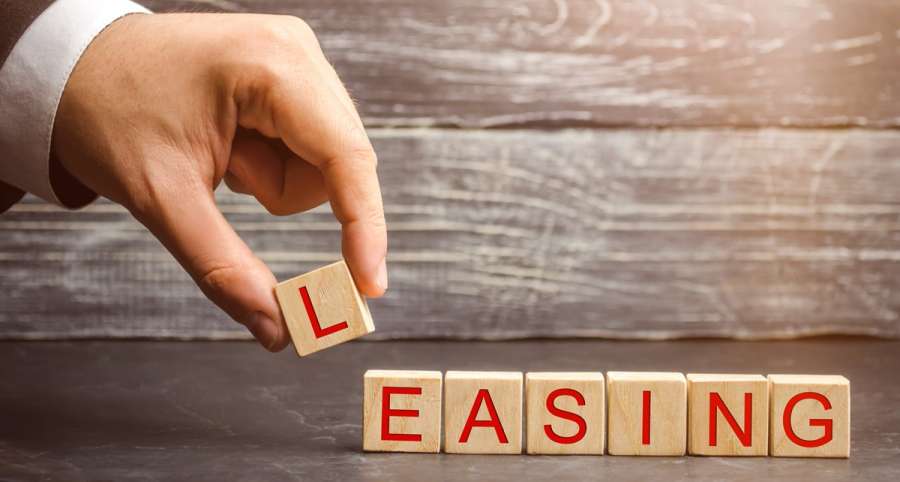Defining Your Needs and Budget
Before embarking on your house-hunting journey, it’s essential to take a moment to introspect. What are your must-haves? A spacious backyard? A finished basement? A short commute to work? Jot down your priorities, both big and small. Next, realistically assess your budget. Consider not just the purchase price, but also property taxes, insurance, potential renovation costs, and moving expenses.
Leveraging Online Resources
The internet is a treasure trove of information for homebuyers. Real estate websites like Zillow, Redfin, and Realtor.com are excellent starting points. You can filter your search by location, price range, number of bedrooms and bathrooms, and desired features. Many sites also provide detailed property descriptions, photos, and even virtual tours.
The Power of Local Market Knowledge
While online resources are invaluable, don’t underestimate the power of local expertise. A real estate agent can provide invaluable insights into the local market, including average home prices, current trends, and potential pitfalls. They can also schedule showings, negotiate offers, and guide you through the complex buying process.
Navigating the Showing Process
Once you’ve narrowed down your options, it’s time to start scheduling showings. Take your time during each visit. Pay attention to the overall condition of the property, the neighborhood, and the proximity to amenities like schools, parks, and grocery stores. Don’t hesitate to ask questions to the seller or their agent.
Making an Offer and Negotiating
When you find a houses to buy that checks all your boxes, it’s time to make an offer. Your agent can help you determine a competitive yet realistic price. Be prepared to negotiate. The seller may counter your offer, and you’ll need to decide whether to accept, counter again, or walk away.
Securing Financing
Getting pre-approved for a mortgage is a crucial step in the home-buying process. It gives you a clear picture of how much you can afford to borrow and strengthens your position as a serious buyer.
The Role of Home Inspections
Before finalizing the purchase, it’s essential to have a professional home inspection conducted. This will identify any potential issues with the property, such as structural problems, plumbing issues, or electrical problems.
Closing the Deal
Once all the paperwork is signed and the final inspection is complete, you’re officially a homeowner!
Beyond the Closing
Congratulations! You’ve successfully navigated the often challenging process of buying a home. Now it’s time to settle in and enjoy your new space. Don’t forget to personalize your new home with your own touches and make it truly your own.
Additional Tips
- Be patient. Finding the right house takes time. Don’t get discouraged if you don’t find your dream home right away.
- Don’t overextend yourself financially. It’s important to buy a house that you can comfortably afford.
- Get your finances in order. Make sure you have good credit and a stable income before you start shopping for a mortgage.
- Do your research. Learn as much as you can about the home buying process before you start looking at houses.
- Work with a trusted real estate agent. A good agent can help you find the right house and guide you through the entire buying process.
Remember, buying a home is a big decision. Take your time, do your research, and don’t be afraid to ask for help.

